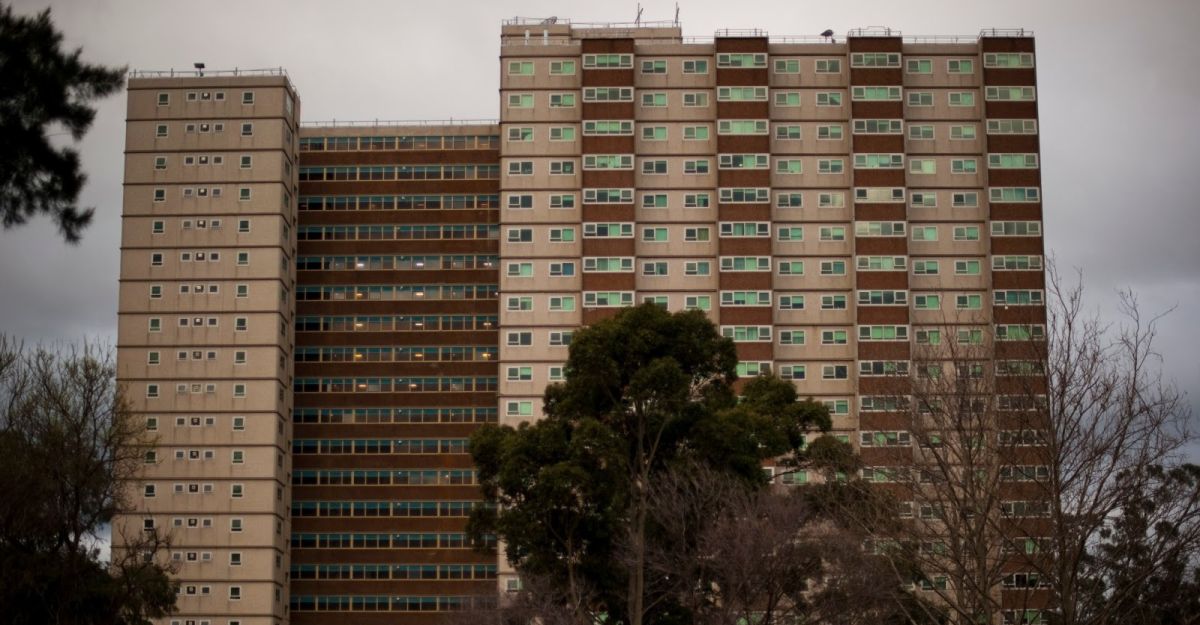Lately, we have seen a new round of very public contributions to an ongoing debate around the perceived importance for women of having or not-having children. In the UK, in the contest for the leadership of the Tories, Andrea Leadsom was criticised for comments suggesting she had more of a stake in the future because she had children, whereas her opponent and now leader, Theresa May did not. Across the Pacific, actor Jennifer Aniston took to the Huffington Post to state that she was not pregnant; she was in fact fed-up with the constant speculation in gossip magazines.
I am childfree, mostly by choice, partly by circumstance. This piece is not a defence of my reasoning or a plea for more understanding, but an exploration of how the not-having-of-children might fit into a broader historical context.
Of the many comments made to me over the years, one – from a woman in her mid-sixties whom I had met for the first time at a neighbourhood party – has stayed with me. When I answered her question about children with a simple ‘No’, she asked again. When I repeated ‘No children’ with a smile, but with no further juicy personal detail, she paused and said slowly ‘Well I suppose you can have some sort of a life without children.’ The subtle and overt messages that we childfree or childless often receive is that a life without children is essentially meaningless and that you are most likely a lesser or more selfish person without having had the experience.
The number of women not having children, whether by choice or circumstance, is growing rapidly when compared to the last half century, and so it is framed as a very modern phenomenon. In this reading of history, prior to the sexual revolution and the availability of the pill, every woman would have as many children as their body could handle because they had no access to reliable birth control. All women had children, except for those who physically couldn’t.
For a long time I’d felt that in choosing to be childfree I was on the vanguard of a new social movement, part of a growing cohort of women choosing to stare down their biological destiny and deny it. To my surprise, the real story is actually quite different. Academic studies based on census data widely available in Australia, US and UK since the turn of the twentieth century, have explored rates of childlessness for women born since the late 1850s. (See, for example, Rowland’s ‘Historical trends in childlessness’.)
The reality is that in most of the Western world, there were very high proportions of childless women (aged over 45) in the population born between 1850 and 1914. This is among both married and never-married women. Rates of childlessness were particularly high in Australia, peaking at over 30 per cent for women born between 1890 and 1914.
Demographers have identified a number of factors behind this: low rates of marriage due to the way populations were distributed between cities and rural areas, delayed marriage or reduced rates of marriage in response to economic circumstances and international events such as war, and the ‘man-drought’ or the phenomenon of ‘surplus women’ around the turn of the twentieth century. Researchers also suggest that there was much more active management of family size within marriage (through abstinence, birth control and abortion) than is commonly believed, again in response to economic constraints and influence of outside events.
It is difficult to take an accurate longer view, because of the lack of census data before the late nineteenth century, but the twentieth century has two distinct periods. High rates of childlessness in the first half of the century and low rates of childlessness in the second half of the century, a period ushered in by the post-Second World War baby boom. In our reaction as a society to growing numbers of women not having children (which are still nowhere near historical highs of over 30 per cent) we seem to be implicitly accepting that the baby-boom period is the norm. In fact, the post-war baby-boom period could be viewed as the anomaly, and the current rates of childlessness are just heading back to historic levels.
What is particularly fascinating is that in the early twenty-first century, with a global population still growing exponentially, there has never been a time where new births were less necessary for the continuation of the human race. We live in a time when there are dramatically more options for women in Australia who don’t have children to lead a meaningful life than for those women born between 1890 and 1914. Yet, for those of us without them, in the subtle and overt messages we constantly receive, it can feel like the cultural, social and existential importance of having children has never been greater.
Writers and artists, enter our Fair Australia Prize!
 There are $4000 prizes in the categories of fiction, essay, poetry and cartoon/graphic that explore the themes of fairness and our common future.
There are $4000 prizes in the categories of fiction, essay, poetry and cartoon/graphic that explore the themes of fairness and our common future.
- How do we make a fair society? What are the things that need to change?
- What would a sustainable future or a just justice system look like?
- How can we improve labour or employment practices?
- What might a fairer planet look like in twenty years?
Closes 31 August. Visit the 2016 Overland NUW Fair Australia Prize page for details. Entry is free.






